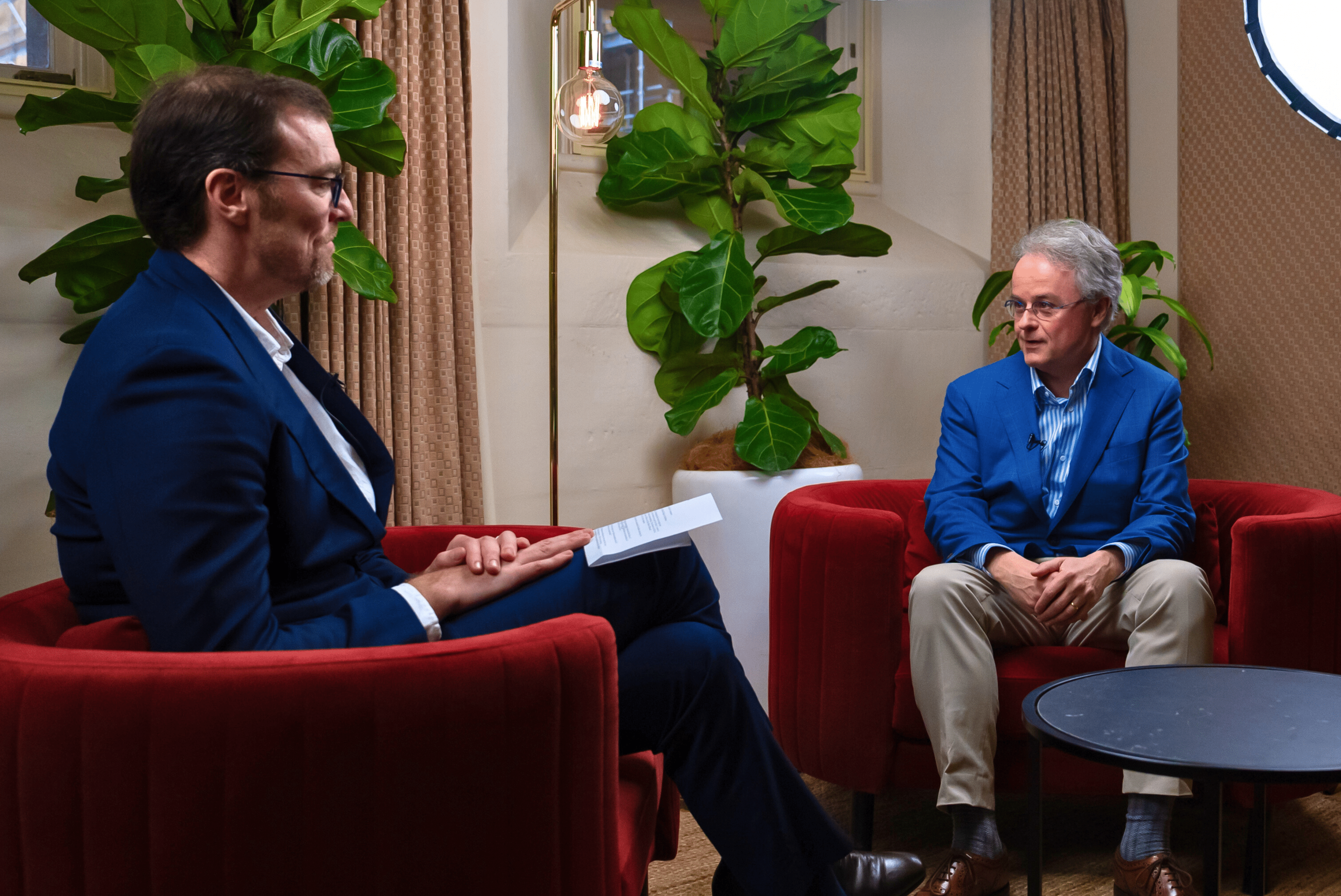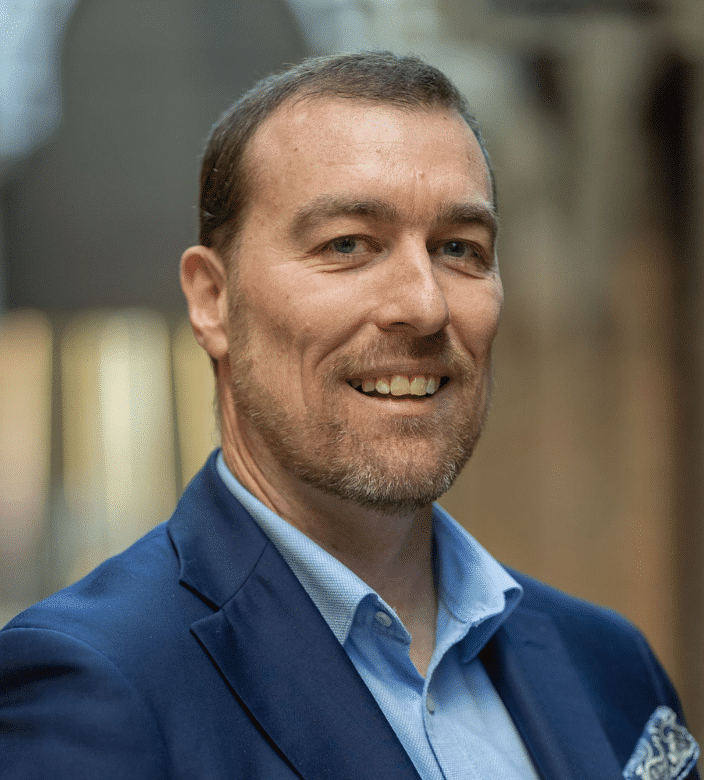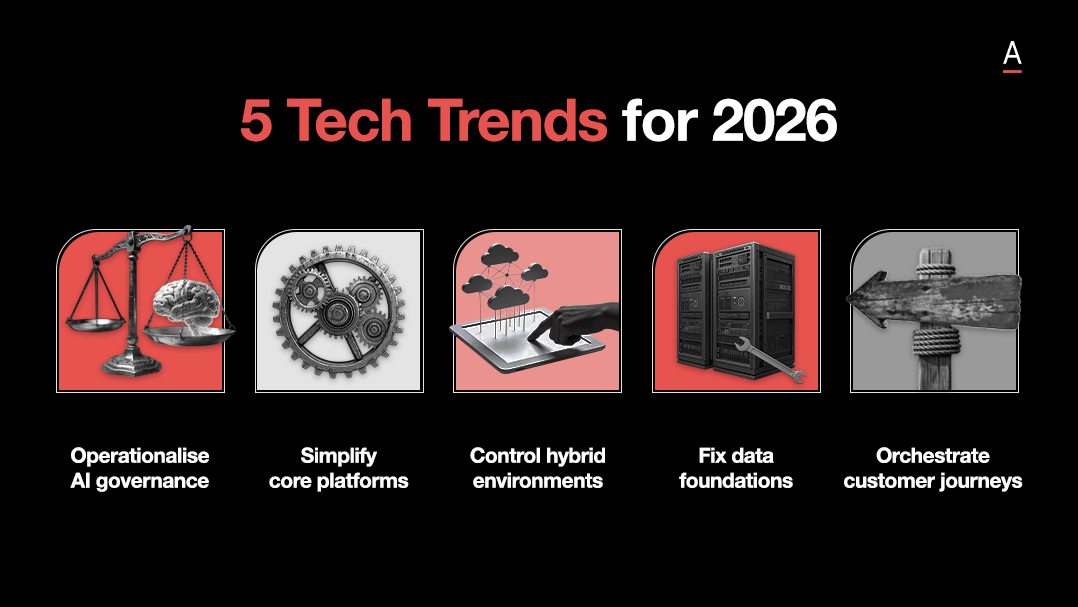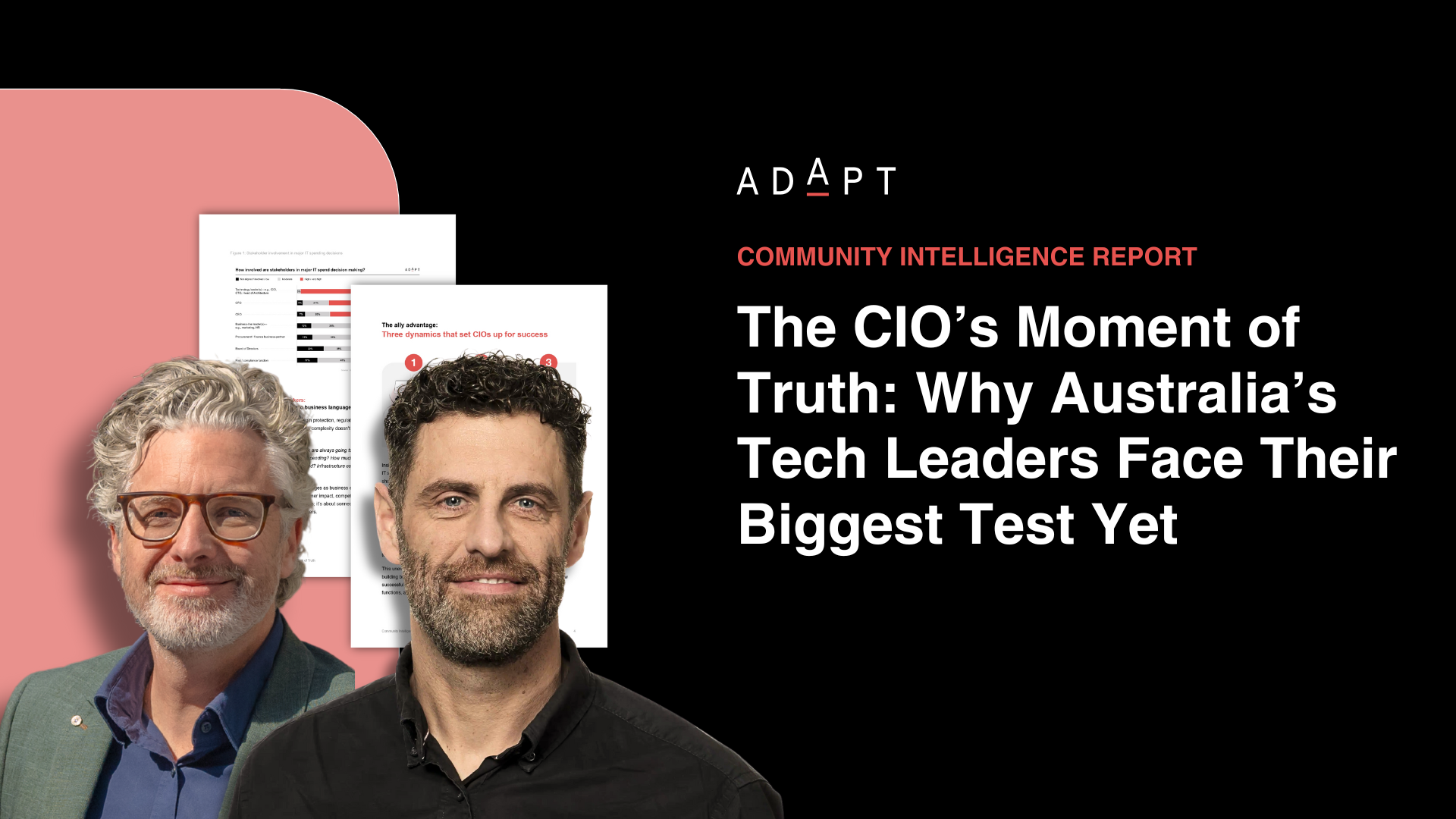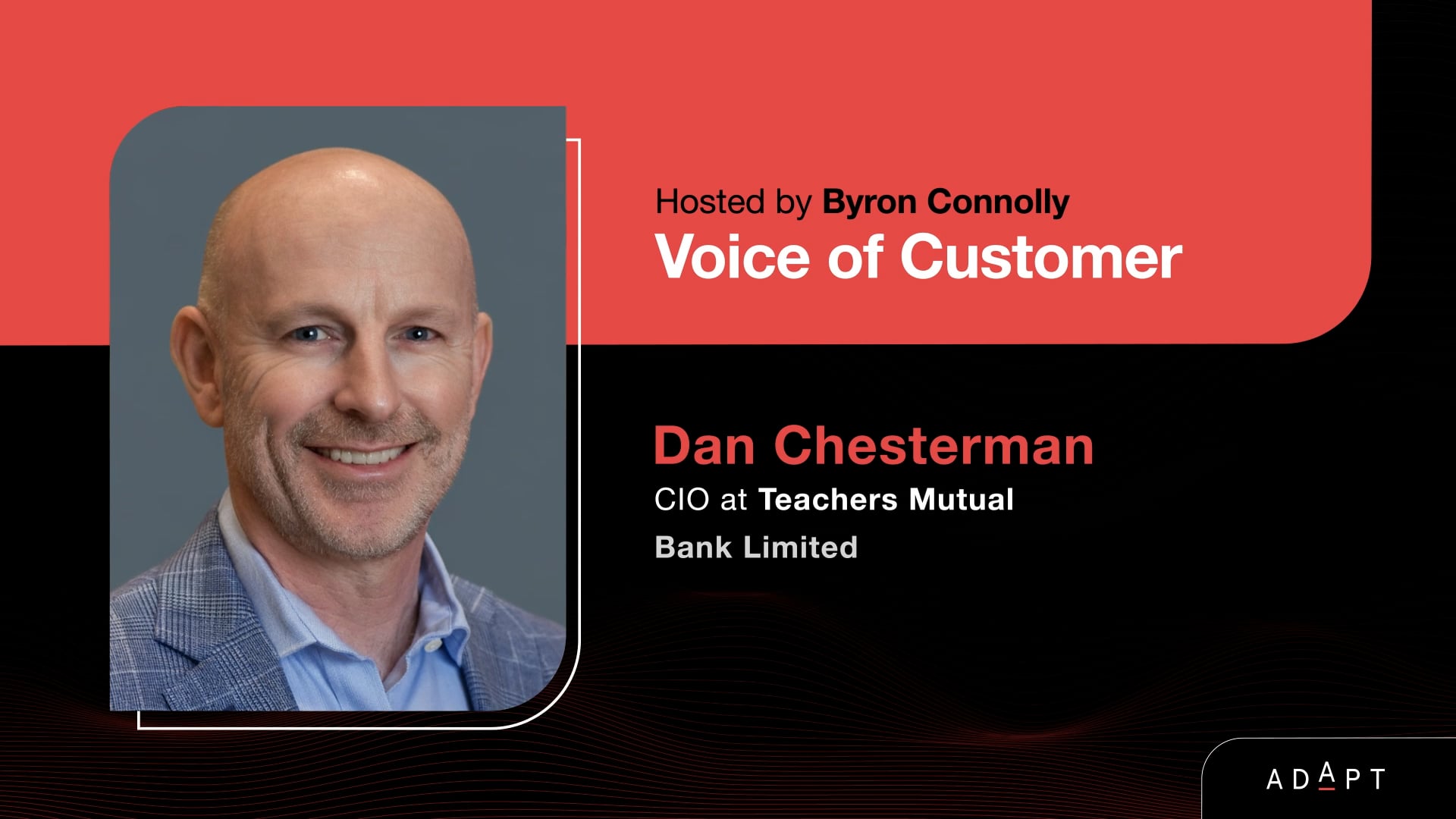In this Digital Edge interview, Stephen Hardy, Partner at Bain & Co, explains how generative AI is changing personalisation and what’s still holding AI back.
Stephen began his career with a passion for astrophysics, sparked by a childhood moment viewing Saturn through a telescope.
This fascination with understanding the universe led him to pursue a PhD and conduct postdoctoral research at the Max Planck Institute.
Over time, his interest in applying scientific principles to real-world problems transitioned into a focus on data analytics and AI.
He sees these disciplines as extensions of the scientific method, enabling organisations to test hypotheses and understand causality in customer behaviour and business outcomes.
At Bain, Stephen has observed a growing maturity in how leading organisations approach AI-driven personalisation.
While traditional methods relied on machine learning to tailor experiences, more advanced businesses are now using generative AI to craft dynamic, individualised messages and content.
The most cutting-edge players are even experimenting with autonomous AI agents to rapidly accelerate campaign development.
However, widespread adoption is often hindered by poor data quality.
Stephen stresses the importance of a clear data architecture and recommends a staged, use-case-driven approach to building data capability, starting small and iterating for quick wins.
Looking ahead, Stephen acknowledges the vast societal implications of AI and ML, from automating tasks to transforming decision-making.
While machine learning excels at prediction, generative AI is reshaping how we interact with data and content.
However, current models still struggle with reasoning and consistency, which limits their reliability. As for the notion of a technological singularity, Stephen remains pragmatic.
He sees clear paths for improvement in areas like memory and world modelling, but believes true human-like reasoning and emotional understanding remain distant.
While he doesn’t dismiss the possibility, he suggests we focus on responsible development and testing as AI continues to evolve.
Key takeaways
- Scientific thinking drives AI impact – Stephen applies his astrophysics background to AI and data analytics, using the scientific method to understand and optimise organisational performance.
- Generative AI is accelerating personalisation – Leading companies are using generative AI and AI agents to create tailored customer experiences faster and more effectively than traditional machine learning methods.
- Data readiness is key to AI success – Organisations must focus on clear data architecture and a use-case-driven approach to improve data quality and unlock AI’s full potential.





















